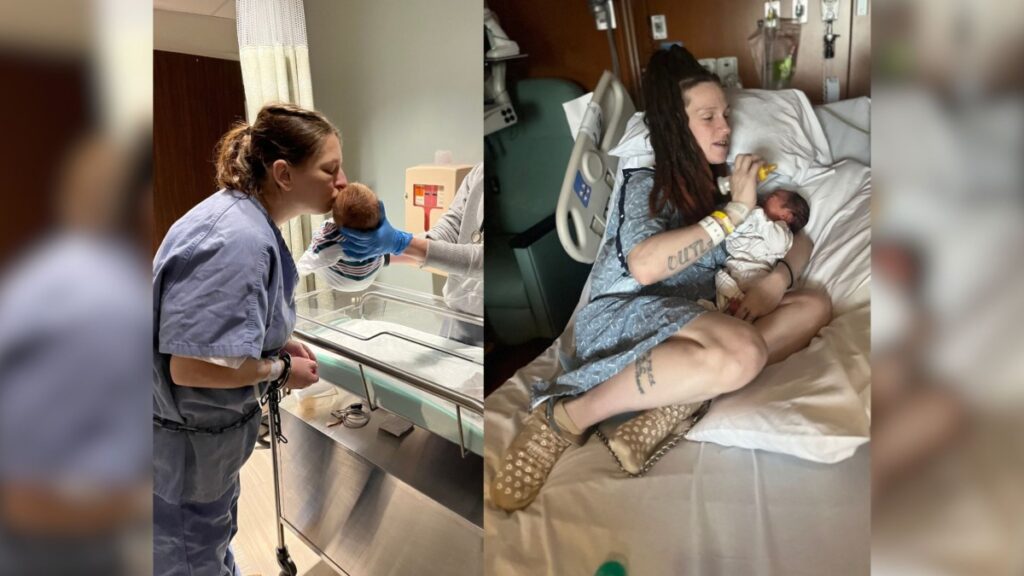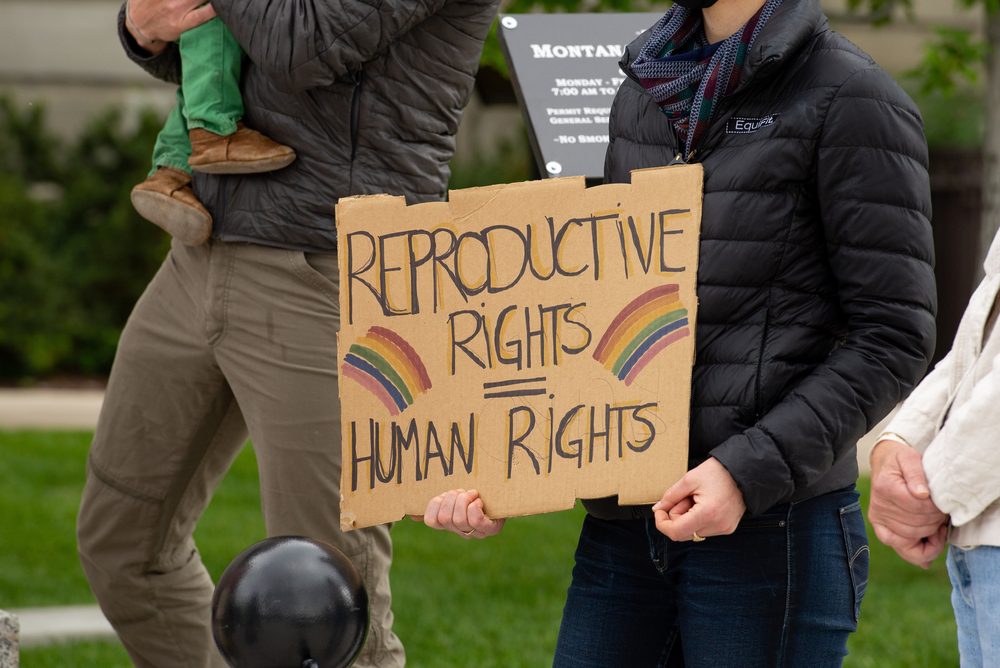Virginia passes two landmark bills to protect pregnant people behind bars
With bipartisan backing and pressure from formerly incarcerated women, Virginia lawmakers have banned shackling during labor in jails—and made it easier for pregnant people to await trial at home.










